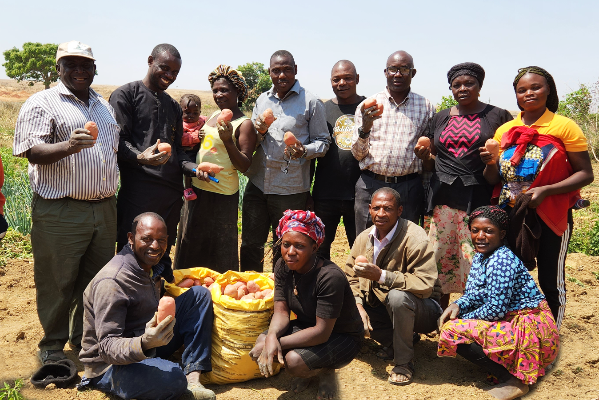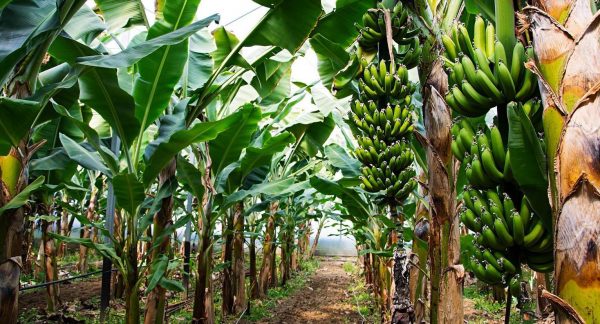In a landmark step toward strengthening Nigeria’s agricultural resilience, a GIZ-supported initiative has released four new climate-smart potato varieties, aimed at safeguarding seed security and enhancing farmers’ ability to adapt to changing environmental conditions.
The Nigeria Potato Seed Security Partnership (NPSSP) project spearheaded the development and release of these varieties—the first new potato types introduced in Nigeria in over a decade.
The initiative is designed to mitigate the impacts of climate change and disease pressure, especially late blight, which has long devastated potato yields across major producing regions.
The development was co-driven by public and private partners, with technical backing from the International Potato Center (CIP) and financial support from GIZ’s agricultural innovation and climate resilience programs.
Climate-smart traits and benefits
These new varieties have been bred to exhibit several advantageous traits adapted to Nigeria’s evolving climate. Key features include:
- Late blight resistance — a major benefit, given the disease’s potential to wipe out entire harvests under humid, wet conditions.
- Better yield stability under erratic rainfall and higher temperatures, helping farmers maintain production even under climatic stress.
- Enhanced adaptability across Nigeria’s agroecological zones, allowing wider adoption by farmers in diverse regions.
By raising the bar in disease tolerance and environmental resilience, these varieties are expected to contribute significantly toward seed security—ensuring a reliable supply of high-quality planting material—and food-system resilience for potato producers.
From field trials to official release
Before being formally released, the four varieties underwent rigorous evaluations in multi-location trials across Nigeria. These trials assessed performance against local stresses, yield consistency, and farmer preferences.
The official unveiling took place during the inaugural open day organized by CIP and partners, where stakeholders—including farmers, extension agents, and policy actors—observed demonstrations, received planting materials, and participated in capacity-building sessions.
Through this engagement, the project also emphasized training farmers on best practices for managing the new varieties—such as proper seed multiplication, disease monitoring, and post-harvest handling.
Implications for Nigeria’s potato sub-sector
The release of these climate-smart potatoes arrives at a critical moment. Nigeria has long faced challenges related to seed shortages, susceptibility to pests and diseases, and vulnerability to climate variability.
With these new varieties:
- Seed availability will improve as locally adapted, disease-resistant lines enter the system, reducing dependence on imports or informal sources.
- Productivity gains are expected as farmers adopt varieties better suited to current and future climatic stresses.
- Resilience in the farming system will be strengthened, safeguarding livelihoods and food security even under more erratic weather patterns.
- Scaling potential exists, as adoption spreads and Nigeria develops more robust seed multiplication systems, including public-private partnerships to ensure supply to smallholders across regions.
Looking ahead
Going forward, the focus will shift to disseminating the new varieties at scale, strengthening local seed systems, and ensuring that farmers have the capacity to manage them effectively.
CIP and allied partners, with GIZ support, plan to embed these varieties into national extension programs, seed certification schemes, and market linkages.
Ultimately, the GIZ-backed initiative underscores how targeted biotechnology and climate-smart breeding can play a transformative role in Africa’s smallholder agriculture—helping farmers stay ahead of climate pressures while improving productivity, seed security, and resilience in the potato subsector.








